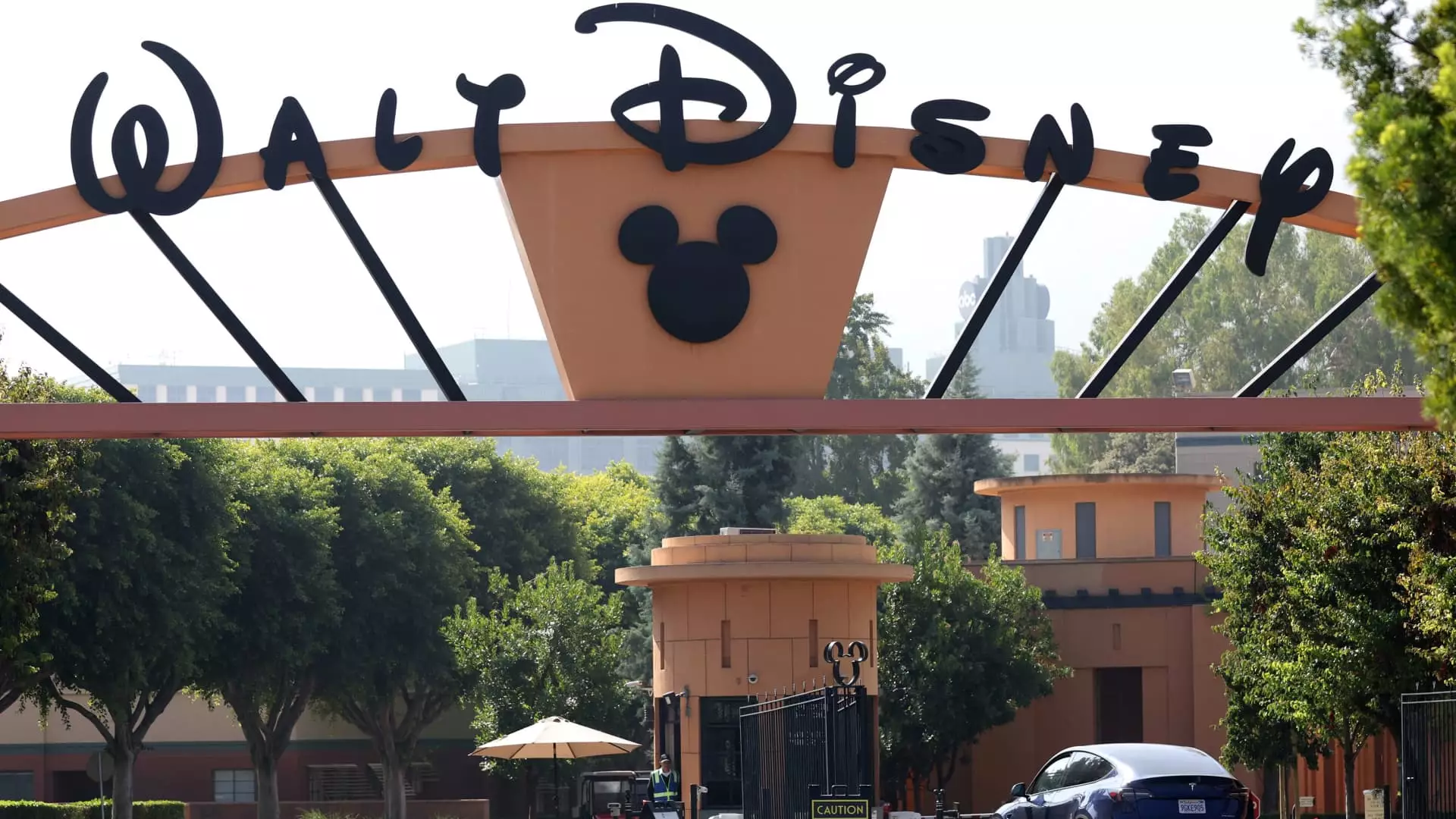The recent decision by the Federal Communications Commission (FCC) to investigate the Walt Disney Company’s Diversity, Equity, and Inclusion (DEI) initiatives serves as a stark reminder of the shifting landscape in corporate America. The inquiry, which extends into the practices of Disney and its ABC unit, reflects a mounting skepticism towards progressive social policies within prominent corporations. In a time where inclusivity is positioned as a cornerstone of successful business strategies, the FCC’s actions hint at a serious turning point, revealing an intricate interplay between media management and governmental oversight.
A New Approach to Oversight
FCC Chairman Brendan Carr’s pursuit of this investigation is not just an isolated action; it is part of a broader initiative that began with investigations into other major players like Comcast and NBCUniversal. This shift invites significant scrutiny into corporate practices under the pretense of ensuring compliance with equal opportunity regulations, but it’s difficult not to view it through a partisan lens. Since the signing of the January executive order aimed at curtailing DEI practices across U.S. corporations, one can’t help but question whether this is a genuine effort to protect equity or merely a politically motivated attack on progressive ideals.
The Implications for Corporate America
Disney, a quintessential symbol of family-friendly programming that thrived on its storytelling prowess, now finds itself embroiled in controversy regarding its commitment to DEI. Chairman Carr’s remarks on how Disney’s trajectory has evolved from being a box office powerhouse to potentially becoming mired in divisive practices reveal a troubling narrative. It raises questions about whether the notion of inclusivity and representation has been misinterpreted as exclusivity. The focus is no longer on delivering compelling content but rather on appeasing a politically sensitive environment.
The Shift in Public Perception
Public sentiment towards corporations increasingly shifts towards accountability, especially relating to social justice. Yet, the FCC’s investigations foster a tension between the ideals of diversity and the apprehension surrounding its practice. While many journalists and advocates argue that equitable representation is both necessary and just, the controversy surrounding DEI initiatives illustrates how divisive these topics can be. As the lines blur, the criticism looms heavy over Disney and others, compelling them to navigate these discussions carefully, particularly in a polarized political atmosphere.
The Road Ahead for Disney
As Disney prepares to respond to the FCC’s inquiry, the eyes of the public—and the media—are watchful. The stakes are high; any misstep could undermine years of hard-earned credibility in a society that increasingly values authenticity. The role that corporations like Disney play in shaping societal narratives is becoming more pronounced, pushing them into a precarious position where every strategic decision may be met with national scrutiny. If done correctly, there is an opportunity for Disney to lead the charge towards a more inclusive narrative that resonates with a wider audience while simultaneously serving as a bastion of corporate responsibility. In a world rife with division, how they handle this inquiry could very well define their legacy for generations to come.


Leave a Reply